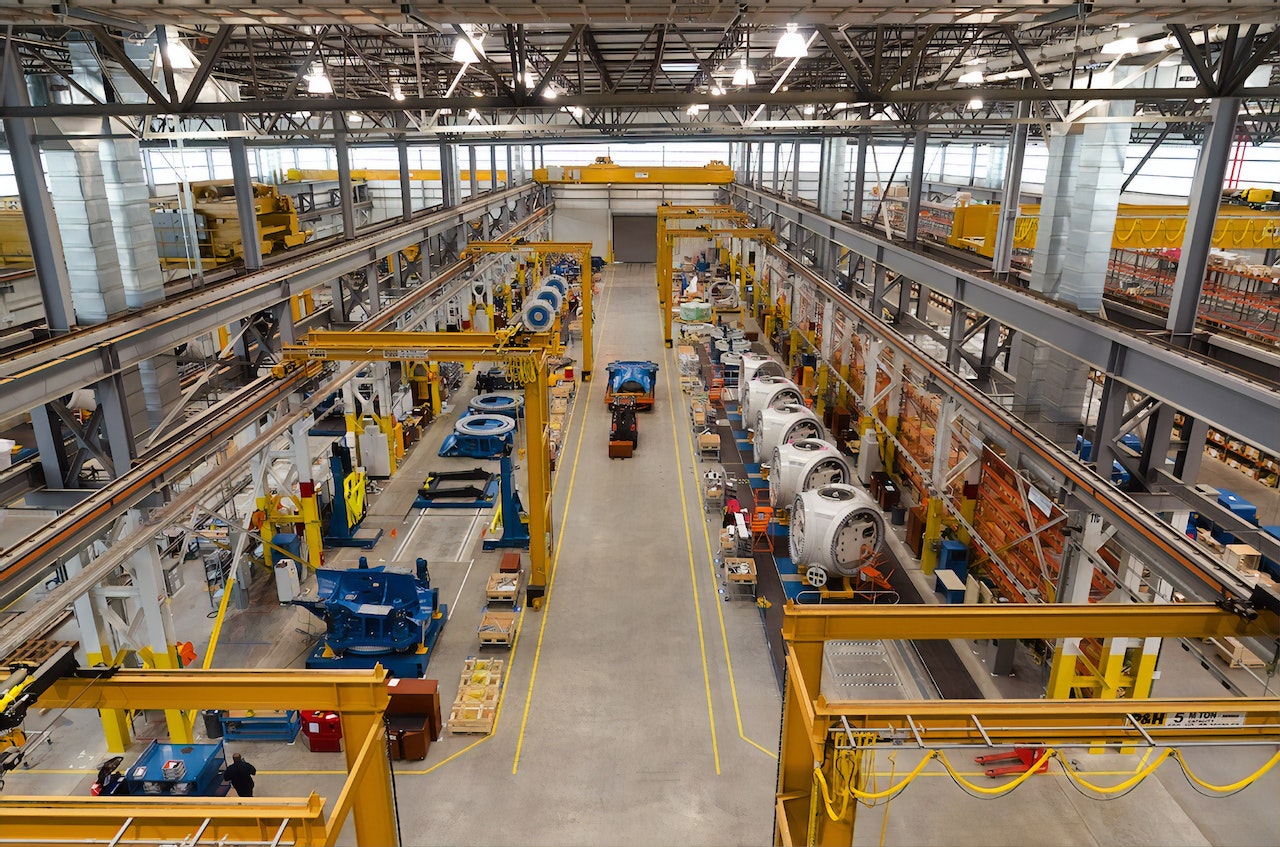The manufacturing sector is a large industry, making 11.39 percent of all output in the American economy and employing 8.51 percent of the total workforce. A Manufacturing Execution System (MES) automates and plans many manufacturing processes that keep products rolling down production lines and through supply chains. Here’s everything you need to know about this technology.
What Is MES?
A Manufacturing Execution System (MES) tracks product details in production plants, automates orders, collects transaction details, issues manufacturing instructions to workers, and much more. Think of it as an all-in-one digital solution for manufacturers that want to save resources and automate production processes.
This software monitors even the most complicated manufacturing operations by facilitating data flows. It provides manufacturers like you with a helping hand when managing:
- Inventory control
- Order fulfillment
- Supply chains
- Production efficiencies
- Financials
Manufacturers in almost all sectors use MES systems to expedite manufactured goods.
How to Implement an MES
- Shop around for the best system based on your budget and specific manufacturing requirements. There are various MES tools on the market.
- Choose a date for implementation. Expect some downtime.
- Work with a vendor who can implement the system into your organization.
- Train staff how to use the system.
- Measure the effectiveness of your MES at regular intervals.
- Use a communications system to enhance your MES.
What are the Challenges of Using an MES?
MES systems provide lots of valuable data, but you still need to communicate this information to the right team members. Otherwise, you could experience disruptions and downtime on the manufacturing floor.
Combining MES with a system that lets you communicate real-time production issues to the right people at the right time increases the effectiveness of your MES considerably. VT3000 from Versacall is the next-level communication technology for MES systems.
Enhance Your MES
This wireless communications system lets you engage with workers at various locations in your production plant. Use the system to communicate critical information generated from your MES.
Easy to Integrate Into Your Production Plant
VT3000 connects to manual workstations or automatic machines and runs on your existing IT infrastructure either as a software-only package or self-contained hardware. So that means it’s easy to incorporate into your production plant without lots of training or downtime.
Customizable
It’s completely customizable. Expand the system as your requirements change or connect additional workstations and automatic machines whenever you like.
Affordable and Simple
It’s a low-cost system that uses a custom configuration, making it an affordable and simple option for manufacturers.
Real-Time Data You Can Trust
It generates real-time communications data that provides valuable insights for business growth. These insights include cycle time, take time, operator verification, execution tracking, relay outputs, and reports. Use all this data to fine-tune your communication and production strategies.
Improve Collaboration
A good MES is a lifesaver for manufacturers like you, but sometimes it’s just not enough. Using a system to communicate MES data improves collaboration between team members in your organization and enhances the effectiveness of your existing technology. Consider investing in a communications system for more effective manufacturing.



